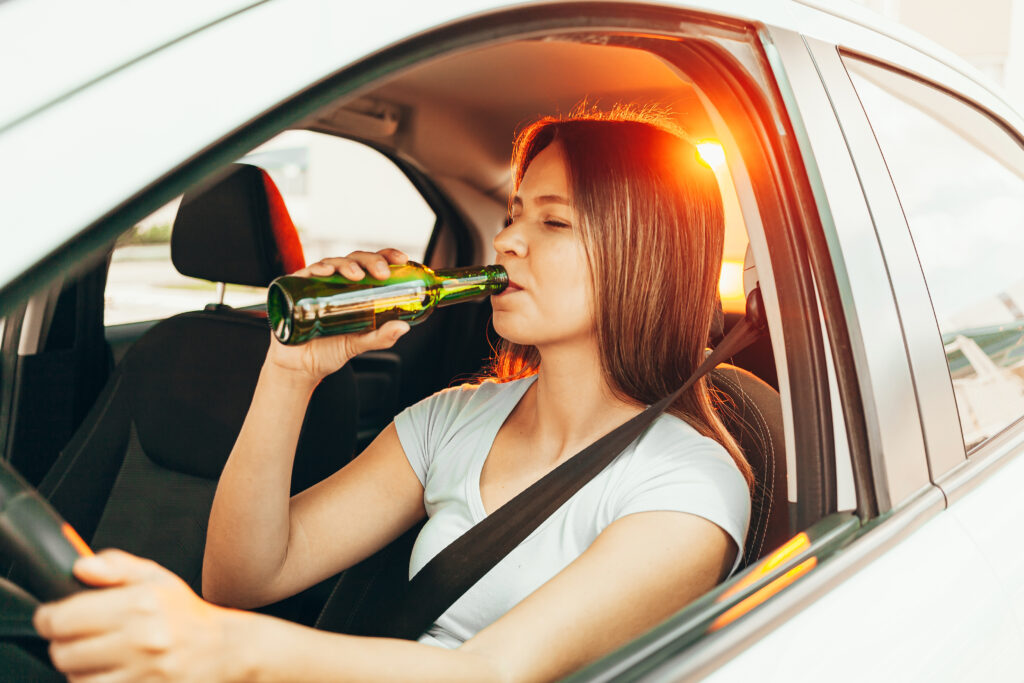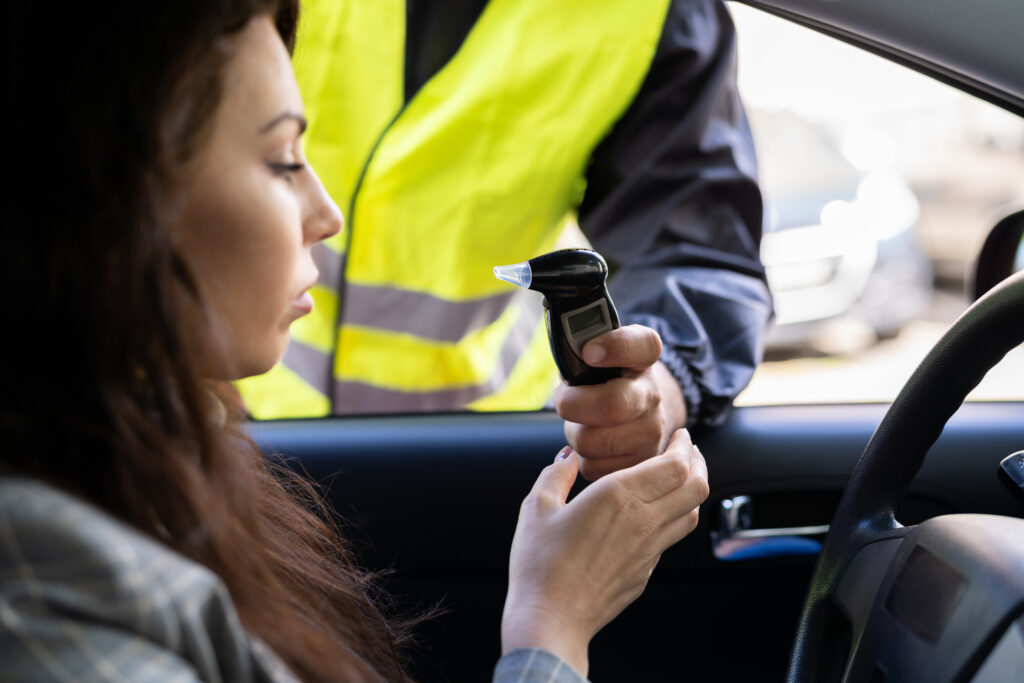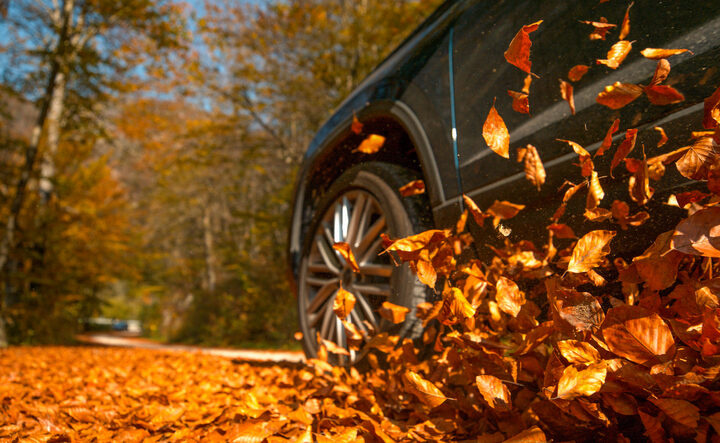How to Prevent a Teen Drunk Driving Accident

Drunk driving is one of the leading causes of death and injury among teens in the U.S. According to the Centers for Disease Control and Prevention (CDC), 29% of drivers ages 15-20 who were killed in motor vehicle accidents were under the influence of alcohol. Drunk driving not only puts teen’s lives at risk, but also the lives of others on the road.
If you are a parent of a teen or know a teen driver, it’s important to discuss the risk of a drunk driving accident. Every July 21st, the U.S. celebrates Legal Drinking Age Day to raise awareness on the dangers of drinking and driving among teens.
Learn the Facts About Drunk Driving Crashes
According to the National Highway Traffic Safety Administration (NHTSA), every day 37 people die in drunk driving crashes in the U.S. About 25% of these fatal crashes involve an underage drinking driver.
- In 2021, 13,384 people were killed in drunk driving accidents.
- Drunk driving deaths represented 28% of all traffic fatalities in 2019.
- Drinking and driving under the influence costs more than $44 billion annually.
- First-time offenders may face up to $10,000 in fines and legal fees.
To reduce teen-impaired driving crashes, all states have implemented a minimum legal drinking age of 21. An estimated 31,959 lives have been saved due to minimum-drinking-age laws from 1975 to 2017.
Consequences of Drinking and Driving

While drinking and driving is illegal in all 50 states, the District of Columbia and Puerto Rico, many people, including teens, still consume alcohol and get behind the wheel. Even in small amounts, alcohol can significantly affect the brain and body. Alcohol impaired drivers have a slower reaction time, impaired judgment, and have a harder time thinking clearly. This makes it much more likely that someone will make a mistake while driving and crash.
In addition to the physical dangers, drunk driving can also have serious legal consequences. If you’re caught driving drunk, you could face fines, jail time, and even the loss of your driver’s license.
Blood Alcohol Concentration for Under 21
A person’s ratio of alcohol to blood volume is called Blood Alcohol Concentration, or BAC. It it is a way of measuring how much alcohol a person has in their blood. In California, the blood alcohol concentration legal limit for those under 21 years old is 0.01% or higher, which is significantly lower than the 0.08% limit for people 21 and over.
If you are convicted of a DUI with a BAC of 0.01% or higher, the DMV may suspend your license for one year. If your BAC is higher than 0.05%, you may face arrest and revocation of driving privileges. Drunk driving convictions can also lead to job loss, school suspension, and higher insurance rates.
Talking to Your Teen About Drunk Driving

It’s important to talk to your teen about the dangers of drunk driving. Start the conversation early, even before they’re old enough to drink. Here are some tips on how to talk to your teen about the dangers of drunk driving:
Be Clear About Expectations
Let your teen know that you expect them to never drink and drive, or get in a car with someone who has been drinking. Set clear and consistent rules about alcohol use and driving, such as no drinking under 21, no driving after drinking any amount of alcohol, and no riding with a driver who has been drinking. Explain the reasons behind your rules and the consequences of breaking them.
Listen and Be Supportive
Talking to your teen about drunk driving should not be a one-way lecture. Listen to your teen’s questions, concerns, and opinions, and try to understand their perspective. Avoid judging, criticizing, or interrupting them. Show them that you care about their safety and well-being, and that you are there to help them make responsible decisions.
Offer Alternatives and Solutions
Teens may face peer pressure or social situations where they are tempted to drink and drive, or get in a car with someone who has been drinking. Help your teen plan ahead for these scenarios and come up with solutions. Suggest that they call you or another trusted adult for a ride, use public transportation or a rideshare service, stay overnight at a friend’s house, or designate a sober driver. You can also encourage your teen to speak up and intervene if they see someone who is about to drink and drive.
Praise and Reward Good Behavior
When your teen follows your rules and makes smart choices about alcohol and driving, acknowledge their efforts and praise them for being responsible. You can also reward them with privileges, such as extending their curfew, letting them borrow the car, or giving them extra allowance. Positive reinforcement can motivate your teen to continue behaving safely and sensibly.
Talking to your teen about the dangers of drunk driving may not be easy, but it is necessary and effective. By having open and honest conversations with your teen, you can help them avoid the tragic consequences of drunk driving and protect themselves and others on the road.
Drunk Driving Accident Attorney in Rancho Cucamonga

Alcohol-impaired driving remains one of the biggest dangers for teens. If your teen was in a drunk driving crash or you were involved in an accident with a drunk driver, our experienced lawyer can help you deal with the emotional and financial aftermath. We can help you file a car accident claim, deal with medical bills, and recover lost wages. We will also help you cope with the emotional trauma of the accident. Contact our car accident lawyer in Rancho Cucamonga, CA online or by phone to set up a free consultation.


